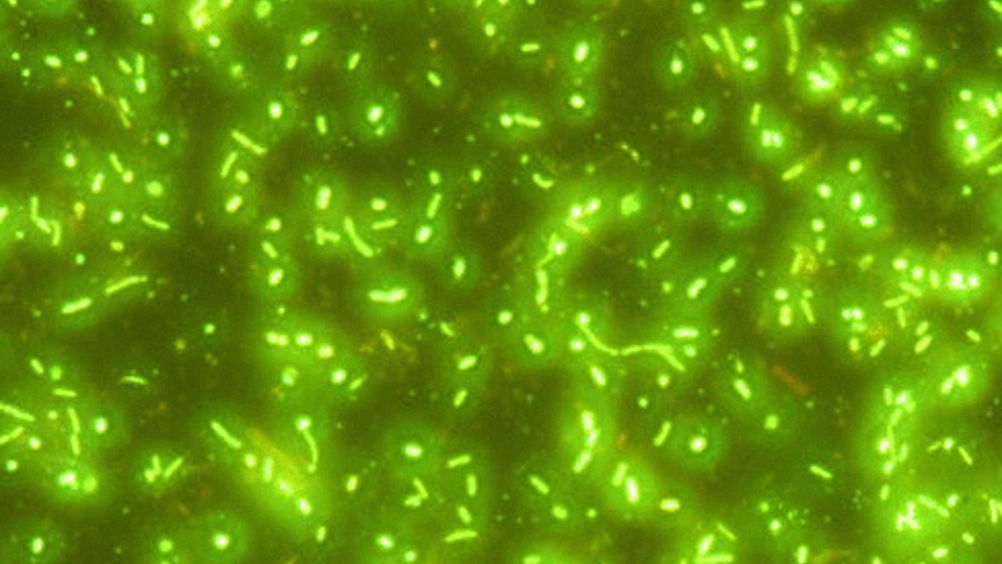Wireless sensor device quickly measures E. coli levels in water
A sensor-based device capable of quickly measuring E. coli levels in water samples has been developed in the US.

Current methods to detect Escherichia coli, a bacterium highly indicative of the presence of fecal matter in water, typically require 24–48 hours to produce a result.
The autonomous, wireless, in-situ (AWISS), battery-powered device is said to contain a prototype optical sensor that can measure changes in fluorescence intensity in a water sample.
In the presence of E. coli bacteria, an enzymatic reaction will cause an increase in fluorescence. The AWISS can detect high concentrations of bacteria in less than one hour and lower concentrations in less than eight hours.
The detection system is able to collect and analyse a water sample every six hours and to employ wireless transmission to send the data collected to remote monitoring stations.
Jeffrey Talley of Johns Hopkins University and colleagues from Environmental Technology Solutions and the US Army Corps of Engineers presented the results of a seven-day demonstration project using the AWISS device in the journal Environmental Engineering Science.
Register now to continue reading
Thanks for visiting The Engineer. You’ve now reached your monthly limit of news stories. Register for free to unlock unlimited access to all of our news coverage, as well as premium content including opinion, in-depth features and special reports.
Benefits of registering
-
In-depth insights and coverage of key emerging trends
-
Unrestricted access to special reports throughout the year
-
Daily technology news delivered straight to your inbox










CCC Report Finds UK Climate Targets Still Within Reach
In 1990 67% of the UK´s electricity came from coal-fired power stations and even without renewables the transition to gas was a major contributor to...